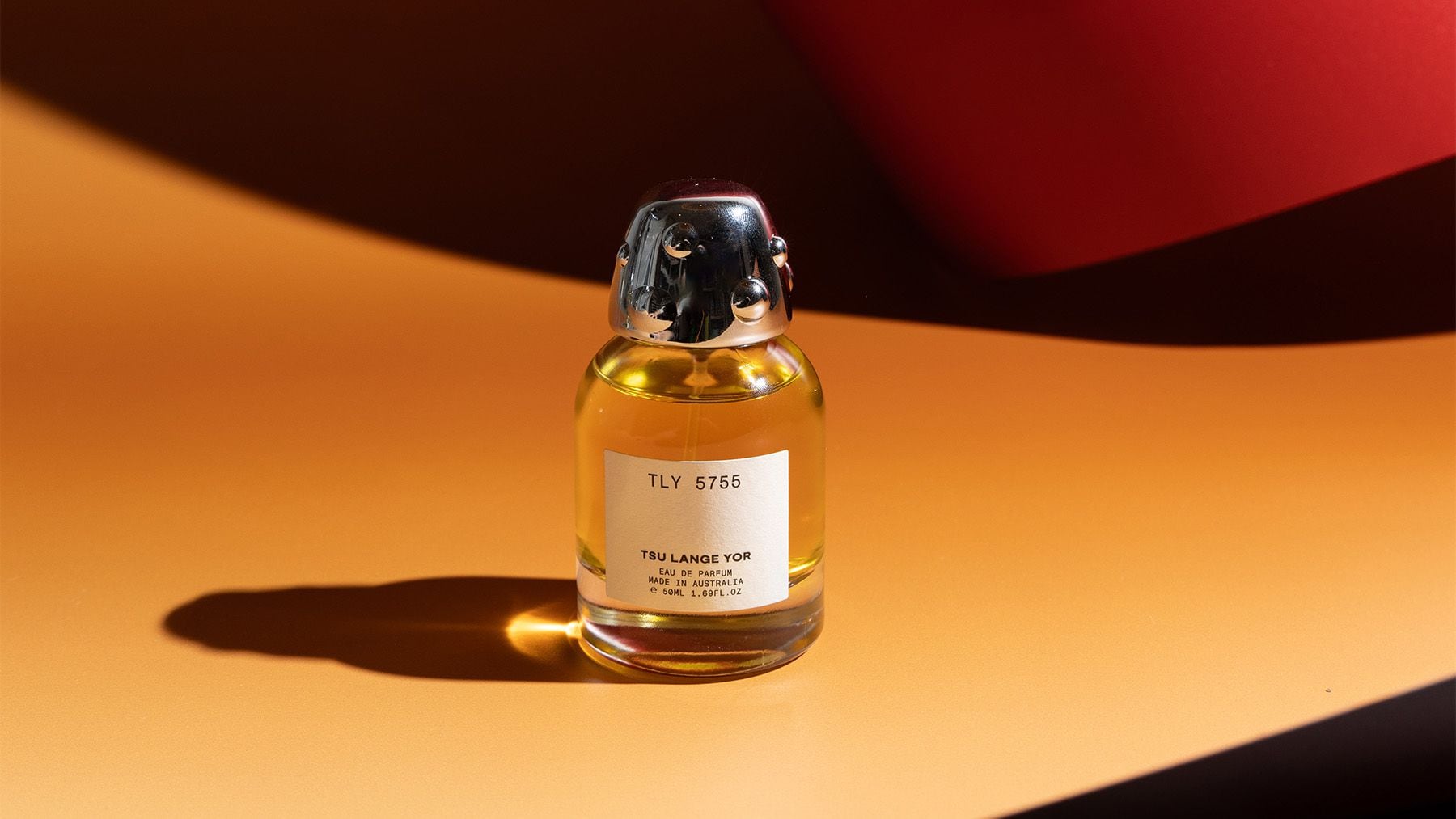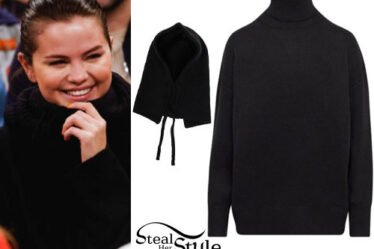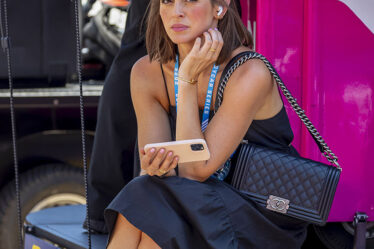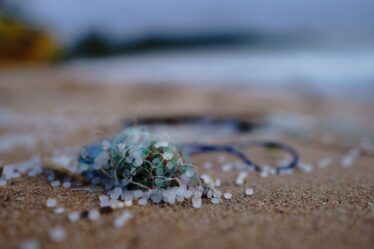
Australian perfumer Craig Andrade was excited to showcase a rare ingredient in perfumery: Tasmanian mountain pepper, obtained through supercritical carbon dioxide extraction. The botanical ingredient can be found in his latest scent, the new fragrance TLY 5755.
Made with ultra-lux materials, available exclusively online or at Dover Street Parfums Market in Paris and boasting a $196 price tag, TLY 5755 has the hallmarks of many niche fragrances on the market. Only, it’s not a typical niche scent, but a celebrity fragrance and part of Tsu Lange Yor, the lifestyle brand Australian singer Troye Sivan launched this August with products like perfumes, candles and a limited-edition $1,178 dreidel.
After years of celebrities from Scarlett Johansson to DJ Khaled and Vanessa Hudgens releasing skin care and makeup lines, A-listers like Sivan are returning to a once-maligned category to capitalise on their image in a more controlled manner: fragrance.
“The sad truth of the category is that often it was really taken advantage of,” said Andrade. “I think that there’s this sort of shift that’s happening with [celebrities] saying, ‘Well, actually, I want to do something different.’”
This summer, a flurry of celebrity fragrance launches were announced, including Millie Bobby Brown’s first perfume under her Florence By Mills line and Ariana Grande’s new Cloud Pink, one of her first beauty launches since buying back her makeup brand R.E.M. Beauty after former parent company Forma’s bankruptcy. But others like Sivan’s and Beyoncé’s return to fragrance, with a $160 eau de parfum, don’t look exactly like the launches that dominated the early 2000s, when a fragrance was de rigueur for stars. More often than not, A-listers are looking for inspiration from the likes of Byredo versus Paris Hilton. Designer Victoria Beckham partnered with French perfumer Jérôme Epinette for her foray into the category in September, and Harry Styles’ Pleasing brand, announced it will debut three fine fragrances made with natural perfume developer Robertet.
“The consumer has become a lot more savvy to why celebrities do certain things. And one of those things is to sell products with their name on it,” said Max Nagler, a former CAA agent who now oversees commercial partnerships at talent agency Verve. Instead, new launches are circumventing the stigma of celebrity fragrances as cheap money grabs with luxury trappings and more comprehensive brands.
Founder Fatigue
When Rihanna launched Fenty Beauty in 2017, she proved celebrities could profit off their image with cosmetics. But for every Fenty or Rare Beauty success, there is a Haus Labs undergoing a brand overhaul, or a Selfless by Hyram getting yanked off Sephora shelves, or an R.E.M. changing ownership in the face of bankruptcy.
“Influencers and celebrities have not been doing as well as expected in skin care and beauty,” said Colombe Bommelaer, senior director of category insights at marketing firm Kantar. “I think some celebrities didn’t calculate exactly how much work category management would have to come in.”
In contrast to building a skin care or makeup brand from the ground up, celebrities can enter the fragrance market with a single SKU and outsource the logistics via a licensing deal with companies like Designer Parfums, which produces Grande’s fragrances.
In just 48 hours following its announcement, the singer’s Pink Cloud generated $2.3 million in media impact value — nearly half the MIV that R.E.M. generated across the month of July, according to data from Launchmetrics. Millie Bobby Brown’s Wildly Me fragrance meanwhile generated $1.2 million in MIV in its first 48 hours, compared to the $7.2 million MIV her Florence By Mills brand generated throughout all of July.
In the skin care realm, consumers have also been turning towards reputable voices like dermatologists and cosmetics chemists, notes Bommelaer. Sheer name recognition can’t compete with those credentials, but with fragrance, celebrities can lean on a well-defined aesthetic that fans have already bought into.
Billie Eilish’s ability to translate her distinct style into fragrance led her namesake perfume to sell out within hours of its release, with the singer releasing a second perfume with Parlux in November 2022 and a third this fall.
“I know exactly what that’s going to smell like before I even smell it,” said Nagler of Eilish’s scent. “And that’s something that I trust them on because it’s not science-based. [Fragrance] is about lifestyle-based spending.”
A Taste for the Finer Things
When Beyoncé released her first fragrance, Heat in 2010, in partnership with Coty, the perfume was available for $39 at retailers like Macy’s. This November, the singer will return to fragrance but with a $160 bottle available exclusively through pre-order on her website (Renaissance concertgoers have already been treated to testers of the fragrance at recent shows).
“Beyoncé is the most important female artist right now. In order to launch a fragrance that has a really interesting story, at a higher price point, now is the moment,” said Nagler. “Her fan base has aged and has more disposable income.”
With interest in the high-end fragrance category only growing, celebrities are wise to aim their sights on pricier perfumes, says Luc-Henry Rousselle, managing director at investment bank DC Advisory.
This is in line with broader beauty trends. In June, luxury conglomerate Kering snapped up niche perfumer Creed in a €3.5 billion deal as part of its expansion into beauty, while private equity firm Advent International acquired a majority stake in the parent company of niche fragrance lines Parfums de Marly and Initio Parfums Privés. And giving Beyoncé and Sivan a viable case study for a $100-plus celebrity perfume, Rihanna’s $140 Fenty Eau de Parfum sold out upon its initial launch in 2021.
“What we’re going to see is more focus on quality and execution, and I think seeing these higher price points will allow for that,” said Rousselle.
That doesn’t mean mass-market celebrity fragrance lines are going away. Hilton and Britney Spears have been steadily releasing mass fragrances since the early 2000s, and Sabrina Carpenter, currently opening for Taylor Swift’s Eras Tour, released her second fragrance this summer, which retails for $29.98 at Walmart.
And speaking of Swift, according to data analytics firm Spate, monthly average searches for the musician’s perfumes are up more than 31 percent year-over-year — she hasn’t released a fragrance since 2014, but exorbitant ticket prices have made the Eras Tour inaccessible to many fans.
“In inflationary times, that might be your only way to get closer to someone you admire,” said Bommelaer. “You’re not going to go to the concert, but you’re gonna get the fragrance, and you’re going to feel good about it.”
Beyond a Name
While Grande and Eilish have stuck to more consumer-friendly prices and marketing for the fragrances named for them, newer entrants like Sivan and Styles are using fragrance to build brands that rely on more than just celebrity recognition.
Michelle Pfeiffer’s Henry Rose perfume line, launched in 2019, bet that “clean” fragrance values will have more longevity than just her fame. Earlier this year, the line received an undisclosed amount of Series A funding from Sandbridge Capital.
“That’s the goal, to kind of kick start it by leveraging the star power and over time, get to a point where the celebrity is less and less important to the success of the brand,” said Rousselle.
Editor’s Note: This story was updated on Oct. 10 to note the launch date of Billie Eilish’s second fragrance.



